Navigate the world of affiliate marketing terms with ease. Understand key phrases to enhance your marketing strategy effectively.
Disclosure: This post may contain affiliate links. This means that if you click on a link and make a purchase, I may earn a small commission at no extra cost to you. I only recommend products and services I truly believe will add value to you.
Affiliate marketing can feel like a whirlwind of strange acronyms, marketing buzzwords, and jargon that might make your head spin when you’re just getting started. Pinning down what all these terms mean, though, makes the whole process feel a lot more doable. I’m breaking down the most common affiliate marketing terms so you can find your way through offers, programs, and platforms with confidence. No guesswork needed! Plus, I’ll show you how resources like the Wealthy Affiliate program can clear things up and set you up for success on your adventure.
![]()
The Language of Affiliate Marketing: Why These Terms Matter
Affiliate marketing is everywhere online, powering everything from product reviews to the sponsored posts you see on your favorite blogs and YouTube channels. According to Statista, affiliate marketing spending in the U.S. alone is expected to cross seven billion dollars by 2025. That’s a lot of opportunity, but cutting through the lingo is essential before you jump into the action.
I’ve found that understanding core terms can make or break your early experiences. You don’t have to memorize everything at once, but knowing the basics helps you spot which networks, offers, and promotional strategies make sense for you, and which ones are probably not worth your time.
Affiliate Marketing Glossary: Your Must-Know Words Explained
Here’s a list of the most common affiliate marketing terms you’ll come across on different platforms and programs. These terms will pop up almost everywhere, whether you’re reading about new commission models or looking over affiliate dashboards. Check out these words before you get too far!
- Affiliate: A person or business that promotes another company’s products or services and earns a commission for each sale, lead, or action generated through their marketing.
- Merchant (Advertiser): The company or seller offering the product or service. Merchants provide the affiliate program and pay commissions to affiliates for qualified actions.
- Affiliate Network: A middleman platform that connects affiliates with merchants, manages offers, tracks performance, and helps handle payments. Examples: CJ Affiliate, ShareASale, and Rakuten Advertising.
- Commission: The amount affiliates earn for generating a sale, lead, or other conversion. Usually a percentage of the sale price or a fixed rate per action.
- Cookie Duration (Cookie Life): The period after a user clicks an affiliate link during which the affiliate is credited for any qualifying conversion. Longer cookie durations can improve your chance of getting credit for conversions.
- Conversion Rate: The percentage of clicks on an affiliate link that result in a completed action, such as a sale or sign-up.
- CPA (Cost Per Action): A model where affiliates earn commissions when users complete a specific action, like filling out a form or signing up for a free trial.
- CPS (Cost Per Sale): A model where affiliates are paid only when their referral results in a sale.
- CPL (Cost Per Lead): A commission structure where affiliates earn money when their traffic generates a lead, like a newsletter sign-up.
- CTR (ClickThrough Rate): The ratio of clicks to impressions for a specific affiliate link or banner. This helps measure how appealing or effective your placement is.
- Disclosure: A statement that lets your readers or viewers know you earn commissions on recommendations. Super important for compliance with FTC regulations.
- Earnings Per Click (EPC): The average earning affiliates get for each click generated via their link. Helpful for comparing how well different offers perform.
- Tracking Link: A special coded URL affiliates use to drive traffic to the merchant’s offer and ensure clicks, leads, and sales are properly tracked.
- Landing Page: A specific web page users arrive at after clicking an affiliate link. Good landing pages are tailored to convert visitors into leads or buyers.
- Referral: The visitors, leads, or sales an affiliate sends to a merchant’s site, tracked via affiliate links or codes.
- SubAffiliate: Affiliates recruited by another affiliate, where the original affiliate (known as the “super affiliate”) earns a small commission on these referrals’ results.
- TwoTier Program: A program that pays affiliates for their own conversions plus a smaller commission for referring new affiliates to the network or merchant.
- SEO (Search Engine Optimization): Strategies to optimize online content so it ranks higher in search engines, bringing in more organic affiliate traffic.
- Niche: A focused topic area or audience that affiliates target. Choosing a specific niche is usually more effective for beginners than targeting everyone.
- Revenue Share: Another term for commission, often used when describing programs where affiliates earn a percentage of the merchant’s sales.

How Wealthy Affiliate Makes Affiliate Marketing Terms Easy to Grasp
Getting lost in marketing language is super common; that’s where training platforms like Wealthy Affiliate are really helpful. When I started out, I liked that Wealthy Affiliate broke down every term and concept in practical lessons, step-bystep tutorials, and handson exercises that match realworld examples. If you’re tired of forum threads that leave you with more questions than answers, resources like the glossary and keyword guides on Wealthy Affiliate help you track meanings quickly and see how terms connect to bigger marketing strategies.
Inside the Wealthy Affiliate community, you can ask questions about anything that confuses you; other members and mentors tend to answer fast, sharing tips that worked for them. Plus, there’s a searchable knowledge base at your fingertips. Whether you’re stuck on the difference between CPA and CPL, or need help understanding tracking links or cookie duration, there’s usually a clear guide or video to walk you through it.
Key Concepts Explained: What They Mean for Your Success
Knowing the lingo is only half the game. Putting these terms to work can speed things up as you go from curious beginner to affiliate who actually gets paid. Here’s why some of these concepts are important and how you’ll see them show up in your daily affiliate activities.
- Choosing the Right Program: Understanding commission models (CPS, CPA, CPL) means you can choose offers that fit your audience’s needs and your content style. Wealthy Affiliate’s training offers practical tips to match offers to your niche.
- Optimizing Your Metrics: Metrics like CTR and Conversion Rate help you spot what’s working and what needs improvement. Instead of guessing, you use real numbers to tweak your approach for better results.
- Compliance: Terms like disclosure and FTC play a big part here. Wealthy Affiliate breaks down compliance steps to help you protect yourself and build trust with your audience.
- SEO Strategies: Wealthy Affiliate is big on helping affiliates grow effective SEO. Mastering keywords and understanding niche selection both show up a lot in the community’s case studies and tutorials.
Here’s a practical example: After learning about tracking links and landing pages in a Wealthy Affiliate course, I was able to spot what was holding back my previous campaigns. Fixing those common mistakes gave a boost to both my clickthrough rates and actual sales. No wild guessing, just clearer steps to better results.
Common Pitfalls for Beginners (And How to Avoid Them)
Jumping into affiliate marketing without any prep can cause a few headaches, especially if you’re not clear on what terms mean or how offers actually work. Here are some common stumbles and how Wealthy Affiliate helps you avoid them:
- Confusing Payment Structures: Seeing acronyms like CPA and CPS and not knowing the difference can make it easy to pick a program that doesn’t fit your goals. Wealthy Affiliate’s breakdowns let you compare options side by side and understand your choices.
- Expired Cookies: If you only scan the headline commissions but miss short cookie durations, you might end up sending sales but not earning credit. Cookie life is always highlighted in course modules at Wealthy Affiliate, so you’ll know what to pay attention to.
- Overlooking Disclosure: Not adding clear disclosures to your posts or videos can get you in trouble. On Wealthy Affiliate, examples of proper disclosure statements are always shared. This makes sticking to the rules easy.
- Chasing Too Many Niches: Spreading your efforts too thin lowers results. Focused strategies are emphasized in core training, encouraging affiliates to start narrow and only expand later.
More Helpful Affiliate Marketing Terms to Know
When you start to get into forums, analytics dashboards, or program documents, you’ll see even more specific lingo. Here are a few extras worth knowing, especially as your campaigns grow:
- Impressions: The number of times your affiliate link or ad is shown to users.
- Lead Magnet: A free offer, like a checklist or guide, used to capture new leads for your email list.
- White Label: Products or services affiliates can brand as their own before promoting.
- Blacklist: A list of publishers or affiliates banned from a program, usually for breaking the rules.
- Raw Clicks vs. Unique Clicks: Raw counts every click, unique only counts one per visitor. Unique is better for getting a real read on your performance.
Affiliate Marketing FAQs
Clearing up confusion early makes everything feel a lot smoother. Here’s what new affiliates often ask about:
What does “cookie duration” really mean for my earnings?
Cookie duration is the time window in which you get credit for a sale or action after someone clicks your affiliate link. Longer durations can mean more sales get tracked to you, especially if your audience likes to research before buying.
Do I need a website to start affiliate marketing?
Not always, but having a website helps a lot. Wealthy Affiliate actually walks you through setting up a WordPress site, so you have a solid base for SEO traffic, blog posts, and trust building with your readers.
How do I choose the right affiliate program?
Look for programs with fair commissions, helpful reporting tools, and plenty of support. Wealthy Affiliate’s reviews and comparison features make picking legit programs (and avoiding scams) way easier.
Wrapping Up
Understanding the language of affiliate marketing makes a huge difference as you take things up a notch from total beginner to confident marketer. Getting a handle on these terms doesn’t just make conversations with potential partners a lot easier; it helps you spot better opportunities, steer clear of mistakes, and put proven strategies into action faster. If you want to keep learning and see these terms in real-world situations, Wealthy Affiliate is genuinely worth checking out for interactive lessons and community support.
The right know-how opens doors to bigger results, smarter decisions, and far less confusion. Here’s to smoother affiliate marketing, and bigger wins down the road!



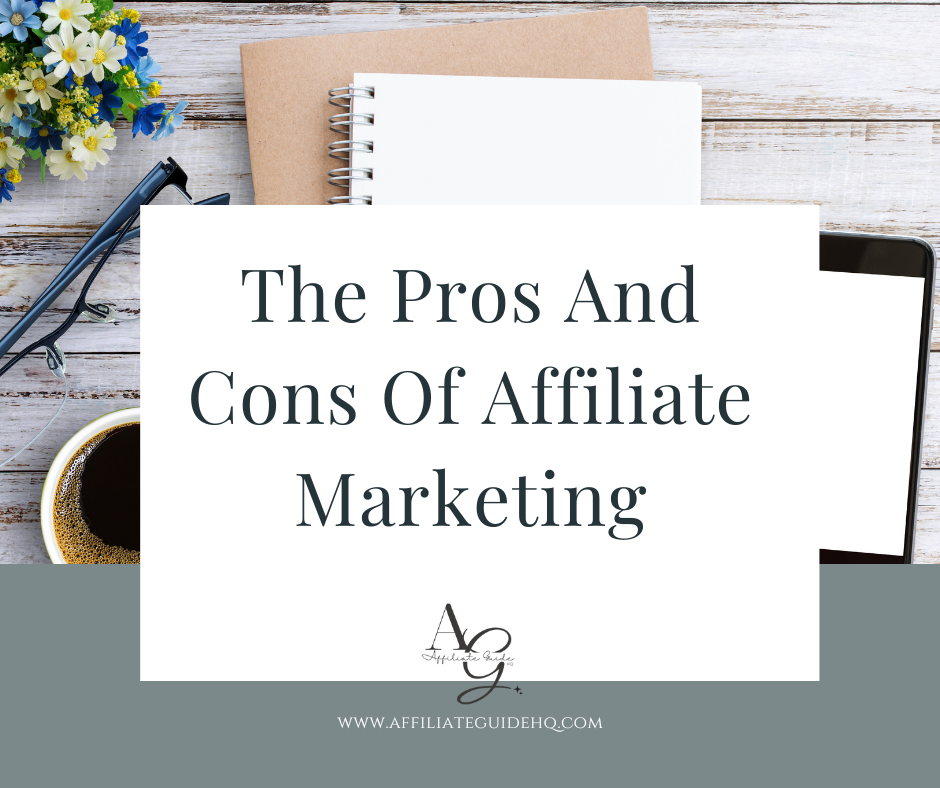
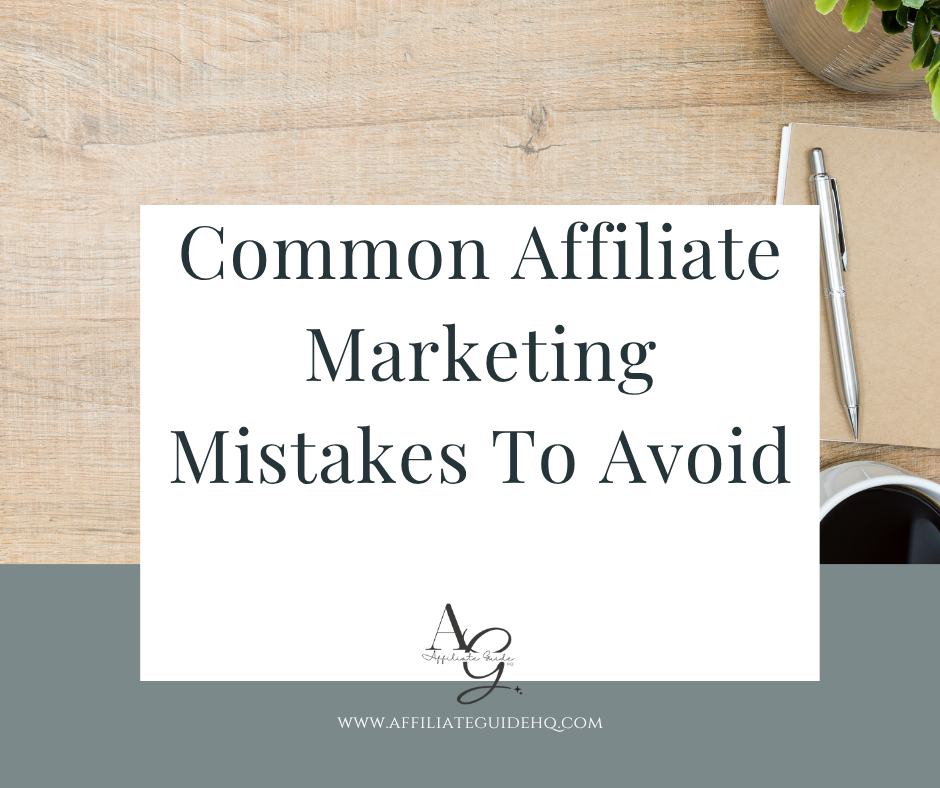

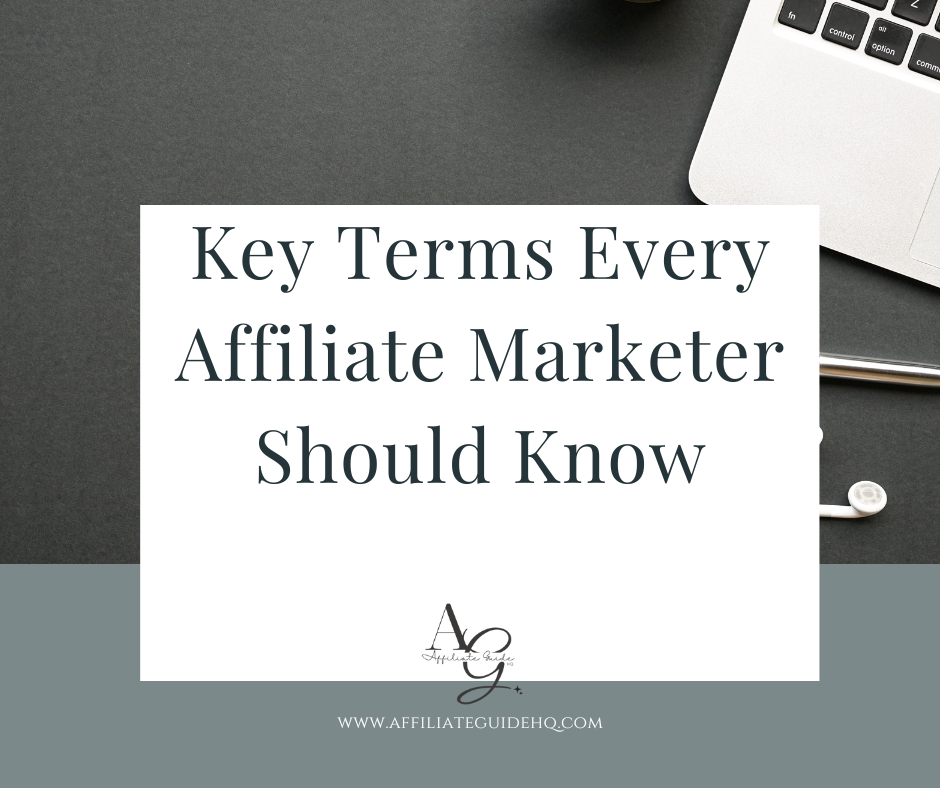
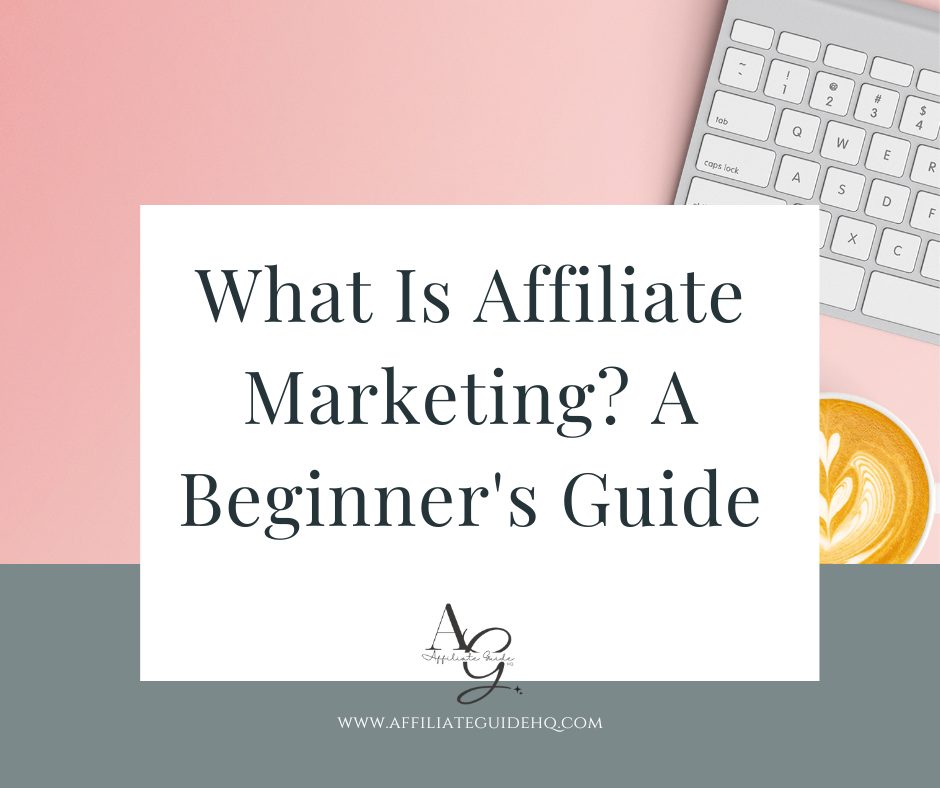
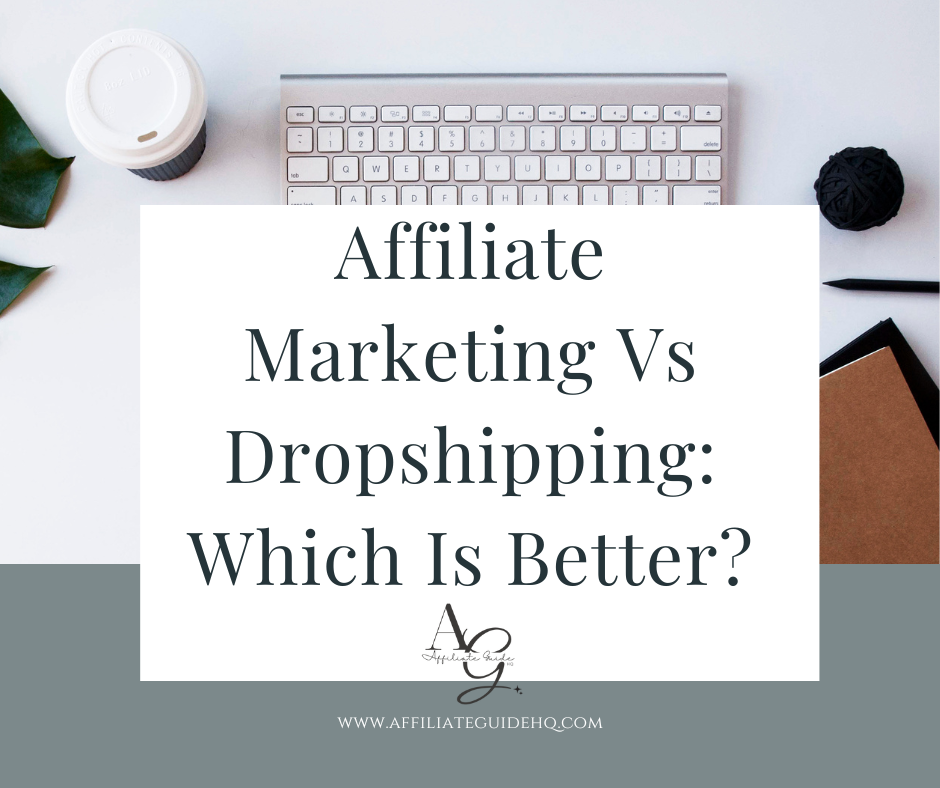
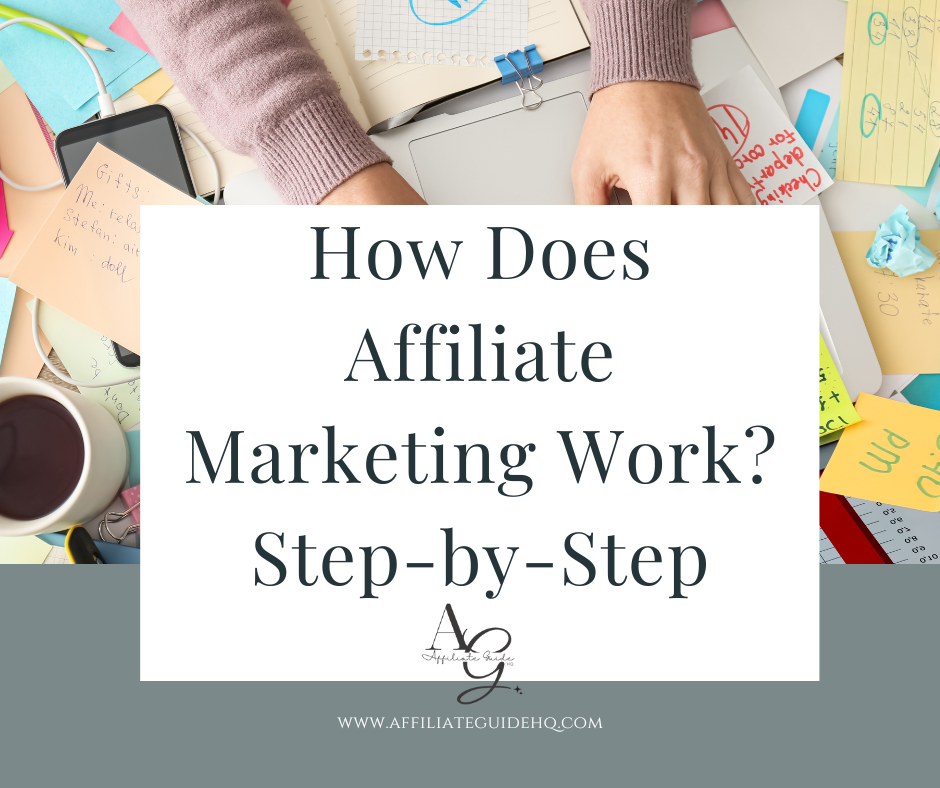

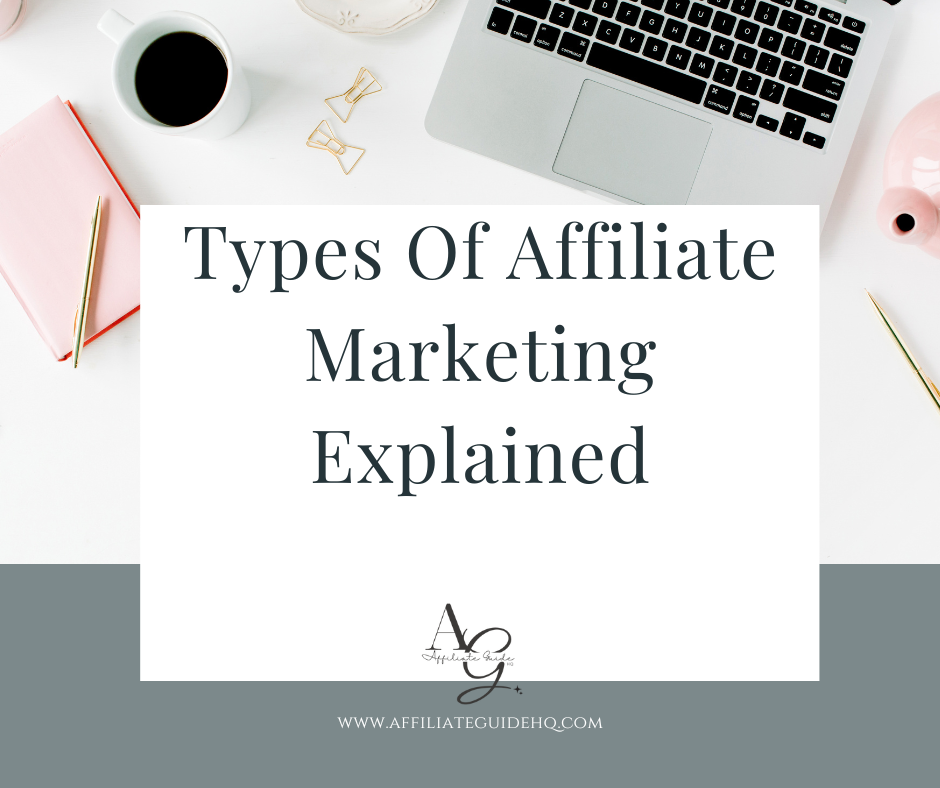
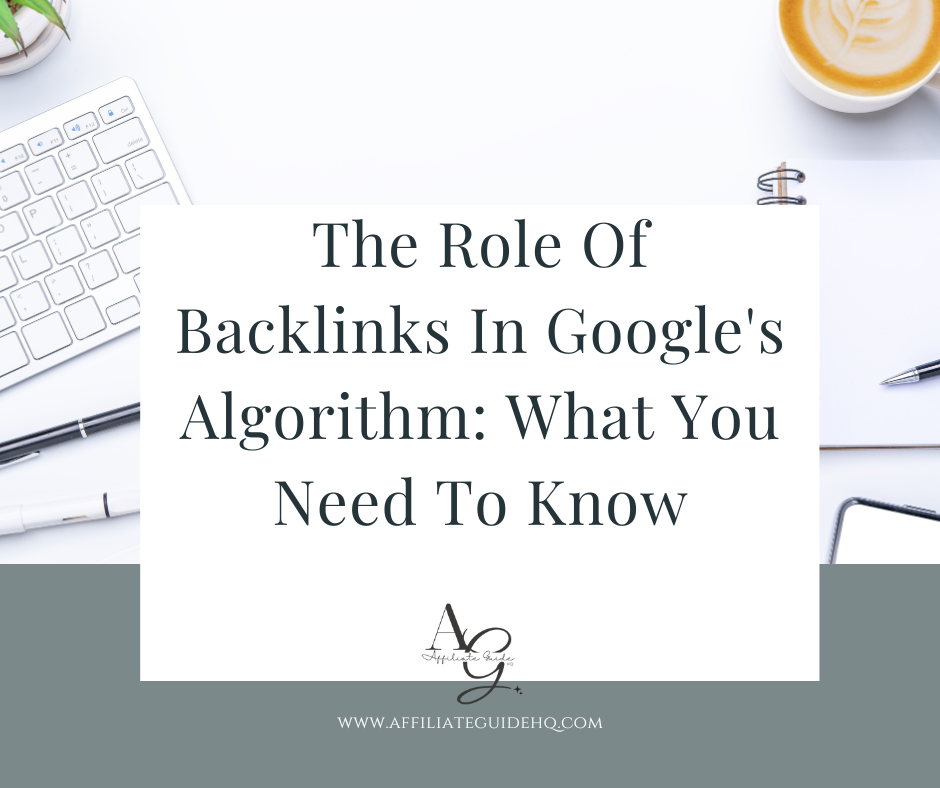
Leave a Reply